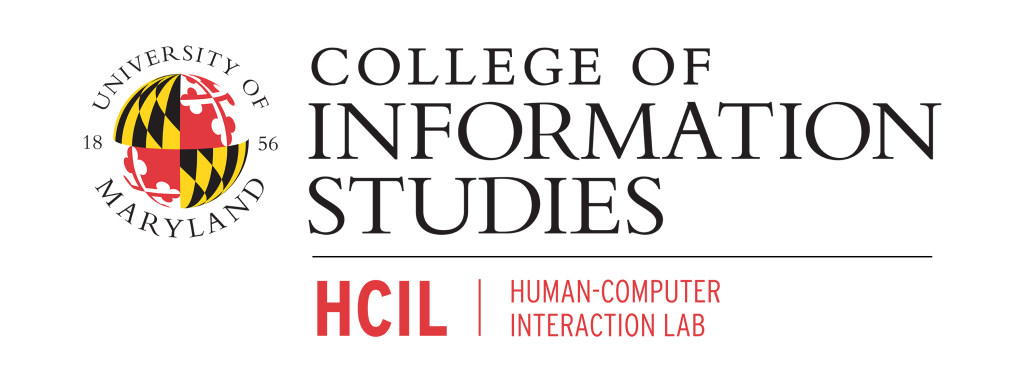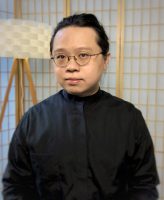Events
HCIL BBL Speaker Series: Beyond Shape: 3D Printing Kinetic Objects for Interactivity
Event Start Date: Thursday, January 13, 2022 - 12:30 pm
Event End Date: Thursday, January 13, 2022 - 1:30 pm
Location: HBK2119 and on Zoom

 Speaker: Liang He, Ph.D. candidate in Computer Science & Engineering, University of Washington
Speaker: Liang He, Ph.D. candidate in Computer Science & Engineering, University of Washington
Abstract: Contemporary AI, driven by Big Data and statistical machine learning, raise important questions for researchers as the promise of machines as collaborative partners in a number of everyday and domain settings bEmerging 3D printing technology has enabled the rapid creation of physical shapes. However, 3D-printed objects are typically static with limited or no moving parts. Creating 3D printable objects with kinetic behaviors such as deformation and motion is inherently challenging. To enrich the literature for making movable 3D-printed parts and support a wider spectrum of applications, I introduce the concept of “print driver”, a class of parametric mechanisms that use uniquely designed mechanical elements and are printed in place to augment 3D-printed objects with the ability of deformation, actuation, and sensing. In this talk, I will present a series of my research works to showcase how the print drivers can be used to lower the barrier for making 3D-printed kinetic objects and to support augmented 3D printable behaviors for interactivity. I will also share my personal thoughts on how to utilize print drivers to mediating the physical interface and computation and enabling a wider variety of interactive applications.
Bio: Liang He is a Ph.D. candidate in Computer Science & Engineering at the University of Washington, advised by Jon E. Froehlich. He works at the intersection of Human-Computer Interaction (HCI) and digital fabrication. He takes a mechanical perspective to create novel design techniques by exploiting parametric mechanical properties and to develop computational design tools for the design, control, and fabrication of 3D printable augmented behaviors. Prior to joining UW, Liang received his M.S. in Computational Design at Carnegie Mellon University, his M.S. in Computer Science at the University of Chinese Academy of Sciences, and his B.S. in Software Engineering at Beihang University. He also worked in HP Labs, in the VIBE group at Microsoft Research (Redmond), and at Keio-NUS CUTE Center. Liang publishes at top HCI venues such as CHI, UIST, TEI, and ASSETS, and received two best paper awards and one best paper nominee.